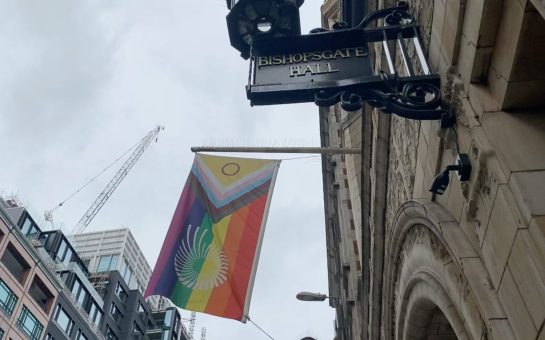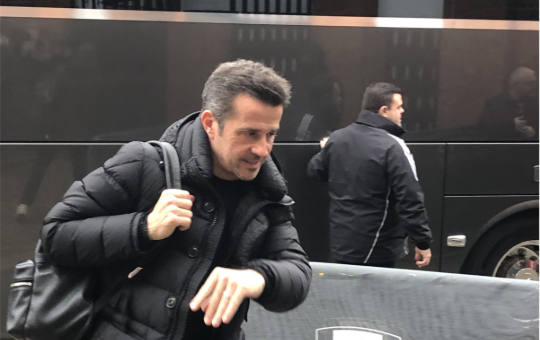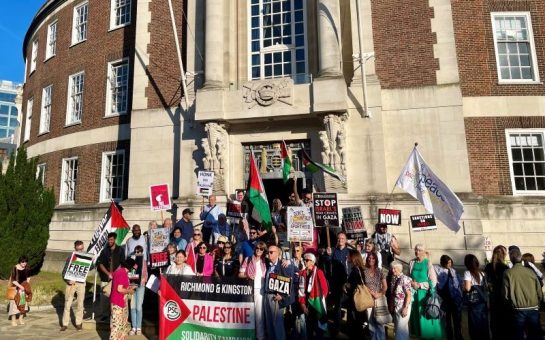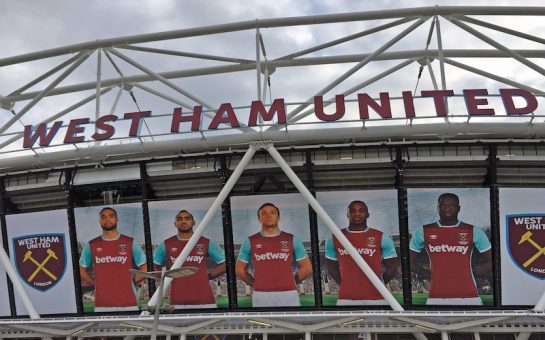Homosexuality in sport is still a big issue.

The latest campaign to encourage players to be open about their sexuality received a lot of media attention but ultimately fell flat – we gauged the mood in South West London.
Firstly, there are gay footballers. Paddy Power, the betting firm backing the rainbow laces campaign, has provided the stats for that. Apparently the odds on there being no homosexual footballers in the 5,000 that play in England and Scotland’s top leagues are a quadragintillion to one. That’s roughly the same as the odds on predicting the correct score in 150 consecutive football matches.
Justin Fashanu isn’t remembered as the first black footballer to command a £1million transfer fee, but for being gay. It is ridiculous to think that since 1981 he is still the only professional player in England to have come out publicly during his career.
Homosexuality in football, and sport in general, is a huge issue precisely because of its absence. It’s the elephant in the stadium. Footballers shouldn’t have to hide their sexuality from teammates and fans, and importantly, young LGBT people need sporting role models.
Gay, lesbian and bisexual charity Stonewall has teamed up with Paddy Power to tackle the issue with their ‘Right Behind Gay Footballers’ campaign. A crude name, they presumably hope, will draw attention to a serious problem. They sent out rainbow-coloured laces to 92 football clubs last weekend, hoping to see them on boots across the country.
Their aim to ‘kick start a change in attitudes and make our national game more gay-friendly’ was met by widespread non-committal as many premier league clubs claimed they didn’t wear the laces due to poor planning and communication.
The league announced last Wednesday: “Had we been involved earlier in the process we could have worked with Stonewall to consider things like boot deals, the use of particular betting partners, and other issues.”
Unsurprisingly, it was QPR’s outspoken midfielder Joey Barton championing the campaign in the media. Never one to shy away, the same man who labelled Brazilian defender Thiago Silva a ‘ladyboy’, told the Metro:
“It’ll be incredibly difficult to be the first player to come out until the game makes it easier for gay players to do so. It’s not down to the players whose sexuality may be called into question to make the next move. It’s important we take the first steps with this campaign.
“To any gay footballers, we have to say: ‘We will support you’.”
AFC Wimbledon showed they were supporting gay footballers by turning out in the multi-coloured laces for Saturday’s 3-1 win over Burton Albion. The club tweeted the decision the day before the game, but didn’t want specific players speaking out on such a sensitive issue.
However, the Premier League isn’t the only body to question the usefulness of the campaign. With a trivialising name, naïve communication and the backing of a player renowned for talking for the sake of talking, the RBGF has shot and missed.
Monty MonCrieff, Chief Executive of London Friend, London’s oldest and biggest LGBT support charity, described it as ‘ineffective’.
“It is tongue-in-cheek when attempting to tackle a serious, significant issue,” he said.
“Homophobia creates barriers in football, from fans chants to players not feeling able to be open about their sexual identity” he added.
Scepticism over the campaign is also emanating from an amateur level. Andrew Walker, manager of Partizan Wandsworth, who play in the Wimbledon and District league, discussed his views.
“Certainly at Partizan I don’t think being gay would be remotely an issue, however I am not aware of any gay players,” he said.
“The connotation of gay is probably considered alongside being effeminate. I can see how it may be used as a jibe creating a difficult atmosphere should someone should be gay (but not openly).”
The problem appears not to be direct homophobic abuse, but rather an atmosphere created by society that unwittingly makes gay players feel obliged to hide their sexuality.
Mr Walker added: “I do believe that football has a huge power to change cultural behaviour and would like to see the drive towards the acceptance of homosexuality as a step towards positive change.”
Fans and players alike have the power to make history of the current stigma, so let’s not make light of it.
Photo courtesy of TheNetDaily via YouTube, with thanks.
Follow us @SW_Londoner




